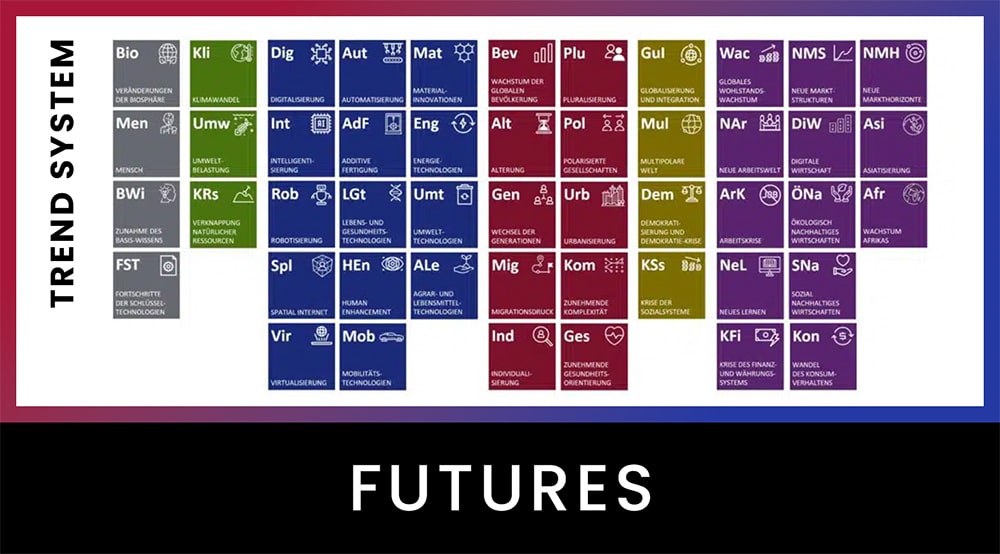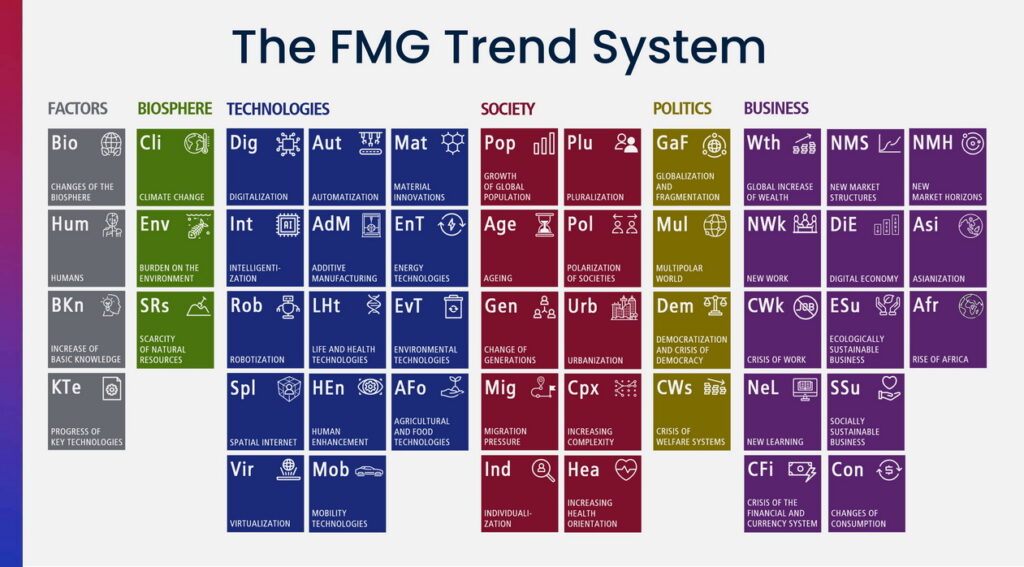Fuád Abuschuscha
In 1956, the Dartmouth Conference, the first scientific conference on artificial intelligence (AI), was held in Hanover, New Hampshire/USA. For decades, AI systems lived in the shadows. Without large amounts of data, their breeding ground was lacking and, due to limited computing power, the possibility to use them. There is little shortage in either today. In 2018, one billion megabytes of data were generated per second worldwide. In ten to twenty years, computers should be able to mimic the performance and functioning of the human brain 1:1. In 2017, the United Arab Emirates established its own “Ministry of Artificial Intelligence” because it recognized the tremendous challenges and opportunities presented by AI systems. The changes in medicine will be more complex and fundamental than they first appear.
AI systems enable personalized diagnostics and expand the diagnostic spectrum
In more and more areas of life, the virtual world is overriding real life. This means that, in addition to data from billions of networked medical devices, archives and objects, information on individual life situations is increasingly available. AI can uncover hidden correlations and detect previously undiscovered digital biomarkers, recognizable patterns of different data sources that have diagnostic or prognostic value. All influencing factors on and in the organism can be taken into account and individual risk factors can be recognized as an overall picture. We will increasingly be able to prevent the occurrence of risk factors.
AI systems professionalize the patient
Companies from outside the industry, such as IT or consumer electronics, already offer a wide range of data-based solutions in the secondary healthcare market. Thus, an entire market for self-diagnostics has emerged, where the user alone decides whether and what to monitor and attempt to diagnose.
One example is the Berlin-based startup Ada, which aims to find diseases when they are still 10-euro problems instead of 10,000-euro problems. The user describes a symptom and the artificially intelligent system decides which questions to ask before ultimately coming up with possible diagnoses and alternative courses of action. Patients inform themselves in a more targeted manner and are able to include a list of diseases to be ruled out for differential diagnosis in the doctor’s visit – which surprises and challenges some physicians.
In addition to the technical possibilities, increasing transparency about one’s own state of health is leading to patients becoming more and more responsible healthcare customers. The more patients become active health customers, the more specifically they will consult their medical professional for early complementary advice and make their own decisions.
Artificially intelligent medical technology supports the Hippocratic tradition
For over 2000 years, the Hippocratic tradition has been characterized by “Primum nil nocere, secundum cavere, tertium sanare.”
First: not hurt
AI systems allow medical professionals to access all the knowledge available in the world and in the form of digital data to learn together. This makes it possible, for example, to find patients with similar symptoms or medical histories, to expand one’s own assessment basis with the findings of all others, and to make time-consuming focus searches superfluous.
In the journal Thorax a paper on CT screening for lung cancer was published in 2019. AI has identified a new risk marker – the number of vessels surrounding the nodule – that is particularly good at distinguishing between benign and malignant nodules. Additionally, AI was superior to human radiologists in identifying benign nodules that did not require further workup.
AI systems will also make it possible to detect false and inconsistent patient claims. Misjudgments based on incorrect information or due to individual lack of experience can be avoided. In addition, rare side effects of therapeutic interventions become more transparent via global networking and are thus easier to identify.
Second: be careful
Recognizing patterns in images and other patient information obtained, is a necessary step in diagnostics. Since this is precisely one of the strengths of AI systems, there are already a large number of artificially intelligent assistance systems.
Israeli company Aidoc, which received FDA approval in May 2019, shows potential emboli on CT images. The physician can focus on evaluating displayed patterns and drawing conclusions. Systems never forget to take into account exceptional cases and rarities. Systems never forget to look closely, ‘chance findings’ become the rule.
Third: heal
The increasing dematerialization of medical devices is making even the smallest products ‘smart’, while new and ever smaller sensors are also improving portability and their performance. A variety of new assistance and support systems are emerging.
For example, it is possible to give the surgeon a warning before he threatens to make a mistake. The fact that all information, from the initial findings, through diagnostics, to the end of treatment, can be digitized and evaluated, gives an extreme boost to evidence-based medicine.
AI systems can prove the efficacy of medical decisions to an unprecedented degree. In addition, physicians are given the opportunity to focus on their actual profession, as systems can completely take over the necessary documentation, leaving more time for and with the patient.
Most experts agree: Artificially intelligent medical technology will continue to be characterized by very high innovation potential in the future. However, the extent to which the potential of artificially intelligent systems can be exploited also depends on the way in which the legislature creates forward-looking framework conditions. Smart systems and artificially intelligent medical technology help solve the major challenges of medicine, strengthen health-preserving medicine, and ultimately lead to more humanity.
Placeholder
Please also follow these links:
► Free video crash course THE FUTURE OF YOUR BUSINESS
► BUSINESS WARGAMING for robust business and future opportunities
► LECTURES AND KEYNOTES by Pero Mićić for your employees and customers
Placeholder
I wish you a bright future!
Have a bright future!




































